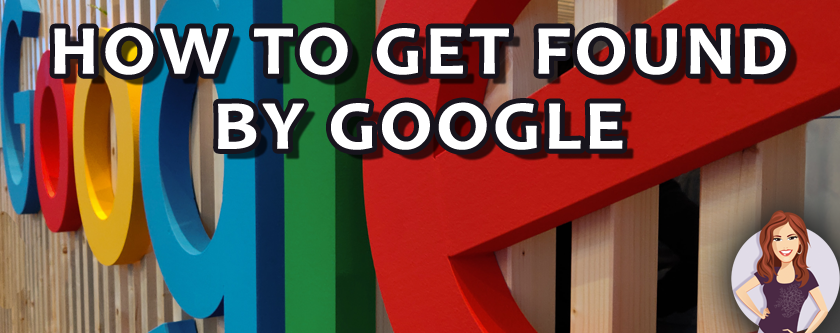
One of my areas of expertise is SEO. When I tell people I do SEO at mixers or even just in casual conversations, it can be pretty obvious sometimes that they don’t know what that is. So, my follow up to that has always been: “I help people get found by Google.” That usually gets a nod of understanding. We all use Google (and probably multiple times a day every day at this point), so we know what Google is, but not a lot of people understand what it takes to get found (aka “rank”) by this search engine giant.
What is Google Looking For?
Google has never revealed their cards, so everything that any SEO strategist tells you is to the best of their knowledge, based on their own experiences and industry best practices. But in general, Google is looking to give its users (the people searching) the best experience possible. Google has become a verb because of its ability to identify the best websites to present to us based on our search query. If I do a search for “cute cats” I will receive an endless supply of cute cat images and websites hosting these images. It’s Google’s job to determine which of these sites I will like the best and put them at the top of the list where I will see them first. If were to Google fail in this, people would be using a different search engine like Yahoo, Bing, or even AOL (remember AskJeeves.com, that was another one back in the day). So, Google is ultimately looking for the best fit to a user’s search query that will make them happy enough to use Google again.
How do I Become the Best Fit?
This is where SEO (Search Engine Optimization) comes into play. There are several components here:
- The keyword you’ve selected on your page;
- The frequency your keyword appears on that page;
- The number of synonyms and cohort terms used on that page;
- The use of your keyword in tags;
- The time spent by users on your page and site;
- The user friendliness of your site;
- The number of links from higher-than-yours websites coming into your domain and to that page specifically; and
- The anchor text in the hyperlinks coming back to your site and page.
All of these components (and more, these are just some of the key components) are what Google uses to determine if your site and page are the right fit for someone’s search query.
How Does Google Know?
Google (and other search engines like Bing) do what’s referred to as “crawling your page.” Basically, a computer is programmed to look at the code of your website and compare it to the winning formula that Google has but refuses to share. The closer you come to that winning formula, the better you will rank. Ranking is about both the page individually that matches the search query and your website as a whole. For example, if your website wasn’t mobile friendly, you would lose points even if your page is the perfect fit for the search query being used.
You can help Google crawl through your website and do what’s called “indexing” it. Create a Google Webmaster account and a sitemap and submit that sitemap to Google through their webmaster portal. The sitemap is like handing a key over to Google to get in your front door and a map to take a tour around your site. This is a step many small business owners forget to do but can really help you get found by Google faster. There are similar portals for other search engines, so as you expand your business, you’ll want to submit your sitemap to other search engines, too.
But I’m a Small Business
Small businesses may have trouble competing with websites like Amazon and Walmart, but it is still possible to compete in your region and/or your niche. Check out my other blog about how to develop an SEO strategy and I’ll walk you through some of that process. Even small businesses can be big on the Internet!
Need help with your SEO? I offer SEO audits, SEO copywriting, SEO training, and more. Contact me today and we’ll get started building you an SEO strategy to get you placed above your competition.
